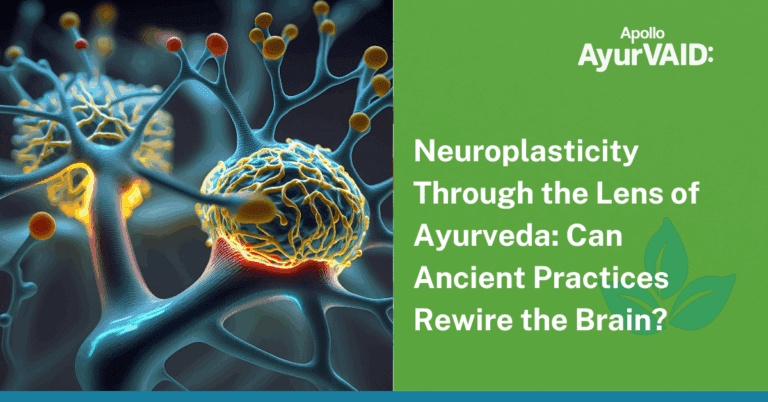Gastritis, a common gastrointestinal disorder characterized by inflammation of the stomach lining, poses significant challenges in clinical practice. The gastrointestinal tract, often referred to as the body’s “second brain,” plays a pivotal role in digestion, nutrient absorption, and immune function. A healthy gut is characterized by a diverse microbiome, optimal mucosal barrier function, and balanced secretion of digestive enzymes and gastric acids. Imbalances in gut health, including dysbiosis, inflammation, and impaired mucosal integrity, can predispose individuals to gastrointestinal disorders like gastritis.

Understanding Gastritis
Gastritis refers to inflammation of the gastric mucosa, which can manifest as acute or chronic inflammation. Gastritis can arise from various factors, including Helicobacter pylori (H. pylori) infection, prolonged use of nonsteroidal anti-inflammatory drugs (NSAIDs), excessive alcohol consumption, smoking, stress, spicy or acidic foods, and dietary indiscretions. These factors disrupt the protective mucosal barrier of the stomach, leading to inflammation and tissue damage. It often presents with symptoms such as abdominal pain, bloating, nausea, vomiting, indigestion, and loss of appetite. Chronic gastritis may lead to complications such as peptic ulcers and an increased risk of gastric cancer if left untreated.
In Ayurveda, gastritis is understood as an imbalance in the digestive fire (Agni) and the accumulation of toxins (ama) in the gastrointestinal tract. Aggravation of the Pitta dosha, characterized by heat, acidity, and inflammation, plays a significant role in the pathogenesis of gastritis. Imbalances in Vata and Kapha doshas may also contribute to digestive disturbances and impaired gastric function.
Conventional Treatment
Conventional treatment for gastritis typically involves a combination of medications and lifestyle modifications. Proton pump inhibitors (PPIs) and H2 receptor antagonists are commonly prescribed to reduce stomach acid production and alleviate symptoms. Antacids may also be used to neutralize stomach acid and provide symptomatic relief. In addition to medications, lifestyle modifications such as avoiding trigger foods, reducing alcohol consumption, quitting smoking, and managing stress are recommended to prevent gastritis flare-ups and promote healing of the stomach lining.

Ayurveda Treatment For Gastritis
Ayurvedic treatment for gastritis focuses on pacifying aggravated doshas, enhancing digestive fire, and promoting the healing of the gastric mucosa. Here are some key treatment approaches:
Herbal Remedies: Ayurvedic herbs with anti-inflammatory, carminative, and gastroprotective properties are utilized in the treatment of gastritis. Commonly prescribed herbs include Licorice (Glycyrrhiza glabra), Amla (Emblica officinalis), Shatavari (Asparagus racemosus), and Triphala. These herbs help soothe inflamed mucosa, improve digestion, and reduce acidity in the stomach. It is important to note that these herbs and herbal formulations are potent and effective only when prescribed by Ayurveda doctor after thorough evaluation.
Dietary Modifications: The ayurvedic diet focuses on digestible, soothing foods that balance Pitta dosha and support gastrointestinal health. These include cooked grains, steamed vegetables, herbal teas, and digestive spices. Avoiding spicy, acidic, fried, and processed foods is crucial to prevent aggravation of Pitta dosha and gastritis symptoms. To manage gastritis, patients should avoid spicy, acidic, irritating foods, alcohol, and caffeine. Small, frequent meals and bland, easily digestible foods are often recommended to minimize irritation and discomfort.
Lifestyle Modifications: Lifestyle factors like smoking, excessive alcohol consumption, and stress can exacerbate gastritis symptoms and hinder healing. Patients should adopt healthier habits like smoking cessation, moderation in alcohol consumption, stress reduction techniques, and regular sleep. Adequate rest, regular mealtimes, and stress management techniques are crucial for maintaining digestive health and preventing flare-ups. Practices like yoga, meditation, and deep breathing exercises promote overall well-being.
Ayurvedic Therapies: Panchakarma, Ayurveda’s detoxification and rejuvenation therapy, may be recommended for individuals with chronic gastritis to eliminate toxins from the body and restore balance to the doshas. Specific treatments such as Virechana (therapeutic purgation) and Snehana (internal oleation) help cleanse the digestive tract and alleviate symptoms of gastritis.
Management of Underlying Conditions: Gastritis may occur secondary to underlying conditions such as autoimmune disorders (e.g., autoimmune gastritis), chronic bile reflux, or prolonged NSAID use. Management of these underlying conditions is essential for effective treatment and prevention of gastritis recurrence.
Regular Monitoring: Follow-up appointments and periodic monitoring of symptoms, endoscopic findings, and H. pylori status are crucial for assessing treatment response, optimizing therapy, and preventing complications or recurrence of gastritis.
Ayurvedic treatment for gastritis offers a comprehensive approach that addresses the underlying imbalances in the digestive system, promotes healing of the gastric mucosa, and restores optimal gastrointestinal function. By incorporating dietary modifications, herbal remedies, lifestyle interventions, and Ayurvedic therapies, individuals with gastritis can experience relief from symptoms and achieve long-term digestive wellness.






